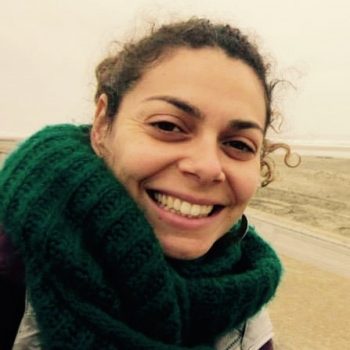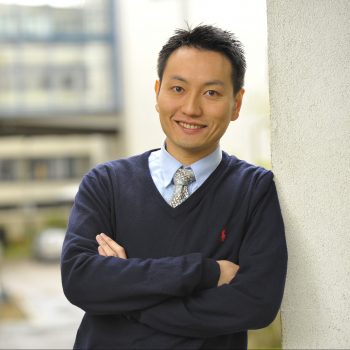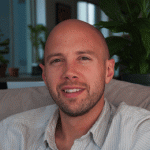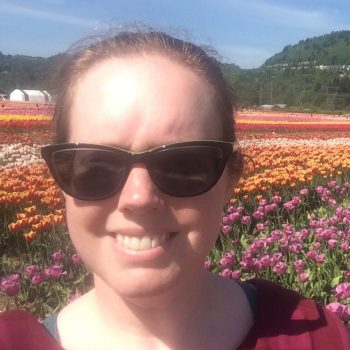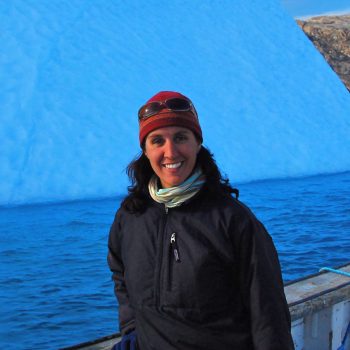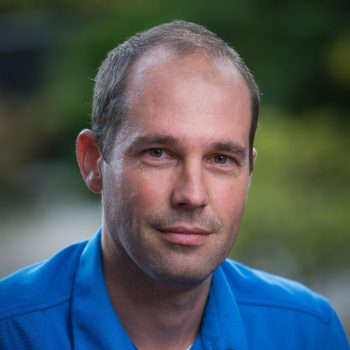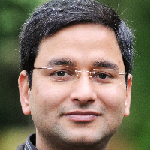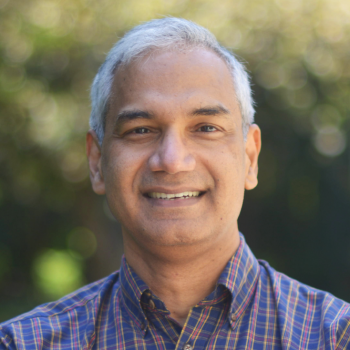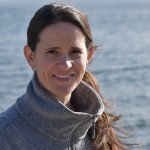
Cathryn Clarke Murray
Adjunct Professor
Bio
Dr. Cathryn Murray is a Research Scientist with the Ecosystem Stressors Program in Fisheries and Oceans Canada. She formerly served as Visiting Scientist with the North Pacific Marine Science Organization (PICES) on project ADRIFT (Assessing Debris-Related Impact From Tsunami). She is also Adjunct Professor in the Institute for Resources, Environment and Sustainability at the University of British Columbia. Dr. Murray is a marine ecologist broadly interested in the interaction between human and natural systems. She holds a PhD in biological oceanography from the University of British Columbia and a Master’s of Science degree from James Cook University in Australia. She has conducted interdisciplinary research on a broad range of topics, from the ecology of invasive species, to ecological risk assessment, cumulative effects assessment, and ecosystem-based management.
